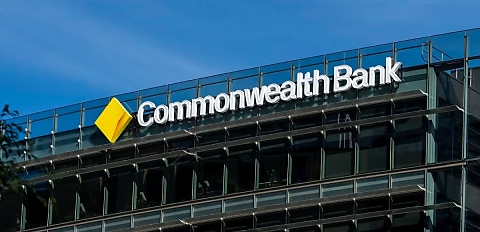The Commonwealth Bank of Australia’s (CBA) Household Spending Index (HSI) data has shown that home owners who still hold a mortgage have increased their spending by 3.3 per cent in the 12 months to July 2024.
This followed consecutive declines in spending since the HSI began recording spending by household types (mortgage holders, owners outright , and renters), falling from 4.5 per cent to 3.2 per cent between April and May and 1.5 per cent in June.
As cost-of-living pressures continue to impact the entirety of the household sector, spending by renters remained relatively flat during this period, increasing by 0.3 per cent (up from the negative territory of -0.9 per cent the month prior), while owner outright spending increased by 4 per cent.
According to Stephen Halmarick, CBA’s chief economist, it is still too early to determine whether or not the federal government’s stage 3 tax cuts would have an impact on household spending.
“As income tax cuts have only just taken effect, we will likely have a clearer picture of impacts on spending behaviour over the coming months,” Halmarick said.
“More broadly, we expect that softer economic data, a further deceleration of inflation, and easing of monetary policy by overseas central banks will see the RBA begin to cut interest rates in the months ahead.
“Spending by renters remains close to flat this year with significantly more cutbacks on discretionary spending compared to homeowners or those with a mortgage.”
Throughout July, mortgage holders reduced spending on food & beverage goods to 18 per cent, followed by hospitality (9 per cent) and household services (5 per cent).
Household goods increased to 15 per cent of mortgage holder’s wallet share, followed by recreation (13 per cent), insurance (9 per cent), and health (5 per cent).
Meanwhile, for renters, food & beverage goods increased to 20 per cent of their wallet share, while dropping to 12 per cent and 13 per cent for recreation and hospitality (respectively).
Overall, the HSI for July remained unchanged at 148.2 index points, with “modest” spending increases seen across seven out 12 of the spending categories, particularly in household goods (1.3 per cent), recreation (0.9 per cent), communications and digital (0.9 per cent), and insurance (0.9 per cent).
Halmarick said: “There were several sporting events in July – such as the NRL State of Origin decider and the Wallabies rugby tests – that likely boosted recreational spending however this wasn’t enough to offset weakness across other categories of the Index, as consumers continuing to cut back.
“We’re also seeing changes in shopping behaviours within categories, as consumers look for cheaper alternatives, like second-hand bargains and discount store sales.”
[RELATED: Mortgage holder spending halves YOY]

